Eligibility criteria typically include a 10+2 qualification with a minimum aggregate score in relevant subjects. Fee structures vary among institutions, with government-funded colleges generally offering more affordable tuition fees compared to private institutions.
Eligibility & Fee Structure for B.Sc. in Physical Science Course
The Bachelor of Science (B.Sc.) in Physical Science is an undergraduate program that provides students with a strong foundation in various branches of physical science, including physics, chemistry, and mathematics. This multidisciplinary program is designed to equip students with essential scientific knowledge and skills. In this guide, we will explore the eligibility criteria and fee structure for pursuing a B.Sc. Physical Science degree.
B.Sc. in Physical Science Eligibility Criteria
The eligibility criteria for admission to a B.Sc. Physical Science program may vary among institutions, but here are the general requirements:
-
Educational Background: Applicants should have completed their higher secondary education (10+2) or an equivalent qualification from a recognized board or institution. This means candidates must have passed their 12th-grade examinations.
-
Minimum Percentage: Many institutions require candidates to have a minimum aggregate score in their 10+2 examinations, typically ranging from 50% to 60%. The specific percentage requirement may vary depending on the university or college.
-
Subject Requirements: To be eligible for the B.Sc. Physical Science program, candidates should have a strong foundation in science-related subjects during their 10+2 education. Specific subject prerequisites often include physics, chemistry, and mathematics. Some institutions may also consider candidates with biology as a subject.
-
Entrance Examinations: Some universities or colleges may conduct entrance examinations as part of the admission process. These exams assess candidates' knowledge of physics, chemistry, mathematics, and related subjects. Institutions that conduct entrance exams often consider the scores in addition to academic qualifications.
-
Language Proficiency: Proficiency in the English language is often required, as the program is conducted in English. Applicants may need to demonstrate their language proficiency through standardized tests like IELTS or TOEFL.
-
Personal Interview: Some institutions may conduct personal interviews as part of the admission process to assess a candidate's suitability for the program.
-
Caste or Category Certificates: For candidates belonging to reserved categories (such as SC/ST/OBC), valid caste or category certificates issued by the appropriate authorities may be required during the admission process.
-
Age Limit: There may be an age limit for admission to B.Sc. Physical Science programs, but it is not commonly enforced. Some institutions may have age relaxations for candidates with relevant work experience.
B.Sc. in Physical Science Fee Structure
The fee structure for a B.Sc. Physical Science program can vary based on several factors:
-
Government vs. Private Institutions: Public or government-funded institutions typically offer lower tuition fees compared to private institutions. Government colleges often receive subsidies, making them more affordable for students.
-
Geographical Location: Tuition fees can vary based on the country, state, or region where the institution is located. Different states may have different fee structures for physical science programs.
-
Institution's Reputation: The prestige and reputation of the institution can impact tuition fees. Top-tier universities and colleges may charge higher fees.
-
Financial Aid: Many institutions offer scholarships, grants, or financial aid to deserving students. These financial assistance programs can help students cover their educational expenses.
-
Additional Costs: In addition to tuition fees, students should budget for additional expenses such as registration fees, examination fees, laboratory fees, fieldwork expenses, and the cost of study materials and textbooks.
-
Accommodation: If students plan to stay in university accommodation or hostels, they should consider associated fees and expenses.
-
Practical Training: B.Sc. Physical Science programs often include practical training and laboratory work. Students may need to budget for lab fees and equipment costs.
-
Transportation and Commuting: Commuting to and from the institution may incur additional costs, so students should consider transportation expenses.
 3 Years
3 Years
 Under Graduate
Under Graduate
 Science
Science

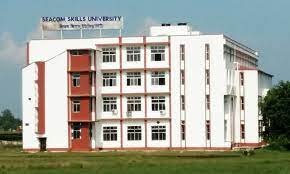

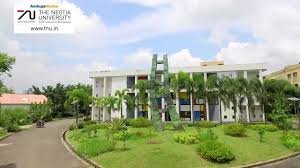
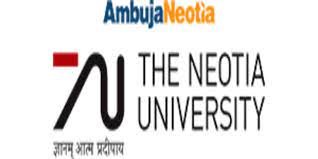
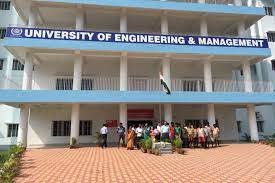
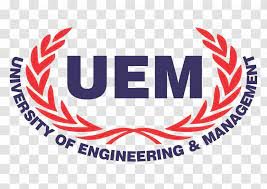
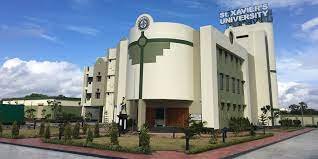
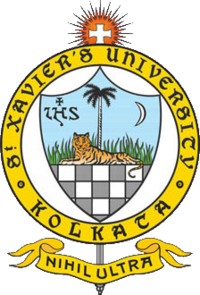
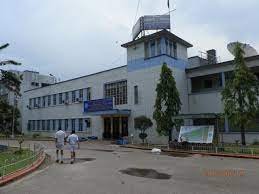
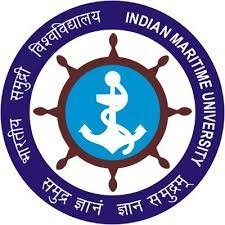
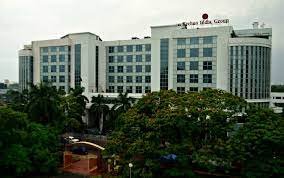


 back
back

